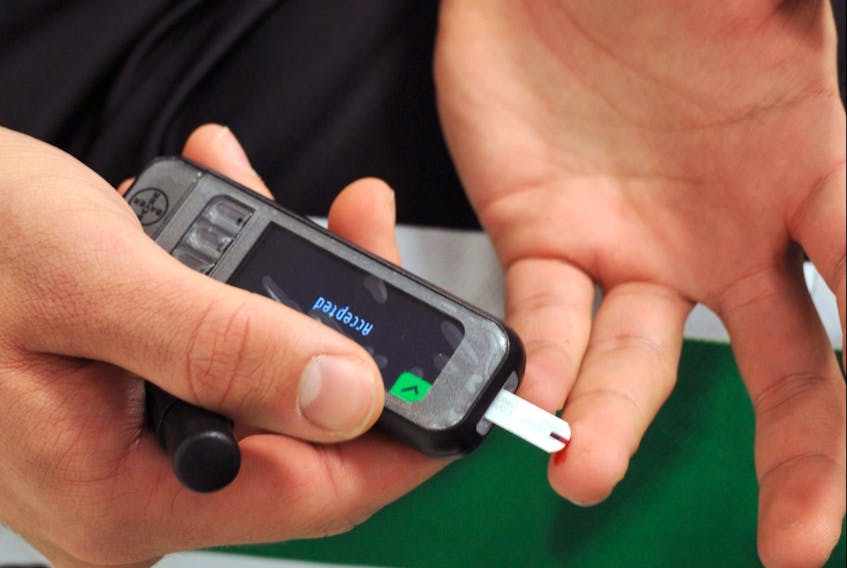A newly released study has found that children in First Nations communities are 25 times more likely to be diagnosed with type 2 diabetes compared to other children in Manitoba.
The study was conducted by the Manitoba Centre for Health Policy (MCHP) in partnership with the First Nations Health and Social Secretariat of Manitoba (FNHSSM).
“We wanted to look at how many people in Manitoba had type 2 diabetes, the healthcare services they were receiving as well as their complications,” said Dr. Chelsea Ruth, Assistant Professor of Paediatrics and Child Health in the University of Manitoba on Wednesday.
“We also wanted to look at what was happening in the First Nations communities because we know that they are proportionally affected.”
Over the last decade, the number of younger people in Manitoba diagnosed with type 2 diabetes has increased by more than 50%. Approximately 109,000 Manitobans have been diagnosed with type 2 diabetes, with more people being diagnosed with the disease each year.
Type 2 diabetes is an illness that develops when the insulin the body produces is not working well and/or when the body does not make enough insulin. The sugar in a person’s blood is not taken up by the cells that need it for energy, causing higher than usual amounts of sugar in the blood.
Ruth said that First Nations individuals are accessing primary care at a similar rate as all other Manitobans, but noted that the care is not reducing the complications from type 2 diabetes, such as leg and foot amputations and kidney failure.
“There is this prevailing belief that First Nations individuals have more complications because they’re not choosing to access care or care is not available in their communities, but this report shows that they’re receiving health care in the same numbers but the care received is not adequate to fit their needs,” said Ruth.
“First Nation individuals see specialists at lower rates than all other Manitobans when in actuality, they should be seeing specialists at higher rates. So despite receiving care, they are not seeing the translation of care into better outcomes. The management of type 2 diabetes includes healthcare as well as addressing the other inequalities such as poverty, racism, and the effects of colonialism and food security issues.”
In a press release, the study’s investigators noted that the disease has often been naively associated with lifestyle choices, leading people with the illness to blame themselves while health care professionals fail to look for other solutions.
The report urged that type 2 diabetes care cannot have a one-size, fits-all approach, especially in First Nations communities, which need strategies that work for their unique needs.
“I find the study shocking, and it is unfortunate that the statistics are so high and so negative in regards to the impact it has on our First Nations children. We need to explore how we can change the course of the development of type 2 diabetes,” said the Assembly of Manitoba Chiefs Grand Chief Arlen Dumas.
“As dangerous as diabetes is, I think that the messaging that comes with the disease needs to change. I believe because of the nature of the illness, we do not pay enough attention to it compared to other life-threatening illnesses. People need to start changing the narrative that diabetes is potentially a death sentence, and it needs to be treated as such.”
— Nicole Wong is a Local Journalism Initiative reporter who works out of the Winnipeg Sun. The Local Journalism Initiative is funded by the Government of Canada.
Copyright Postmedia Network Inc., 2020









